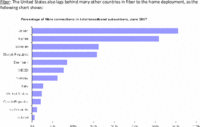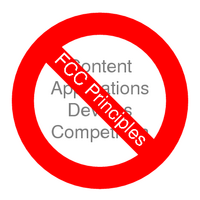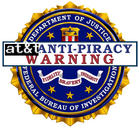 Shades of NSF:
Shades of NSF:
EDUCAUSE, the association whose mission is to advance higher education by promoting the intelligent use of information technology, today proposed bringing the federal government, state governments, and the private sector together as part of a new approach to making high-speed Internet services available across the country.Back in the 1980s, in the time of standalone dialup Bulletin Board Systems (BBSes), the National Science Foundation (NSF) deployed a nationwide backbone network called NSFNet that eventually ran at the blazing fast for the times speed of 1.55Mbps. NSF also promoted development of NSFNet regional networks, many of which eventually figured in the commercialization of Internet that took off in 1991 when former dialup network UUNET started selling Internet connectivity and former personnel of an NSFNet regional formed PSINet and also started selling Internet connectivity.The group, whose membership includes information technology officials from more than 2,200 colleges, universities, and other educational organizations, said that a new “universal broadband fund” would be necessary so that “Big Broadband” — services of 100 mbps — could be made widely available.
— EDUCAUSE Proposes New Approach to Broadband Development, Wendy Wigen, Peter B. Deblois, EDUCAUSE, 29 Jan 2008
Nowadays, when the fastest most people can get as so-called broadband is 1-3Mbps DSL from telcos or maybe 3-5Mbps from cablecos, maybe it’s time to do it again. Is this a plan that would work? Continue reading







